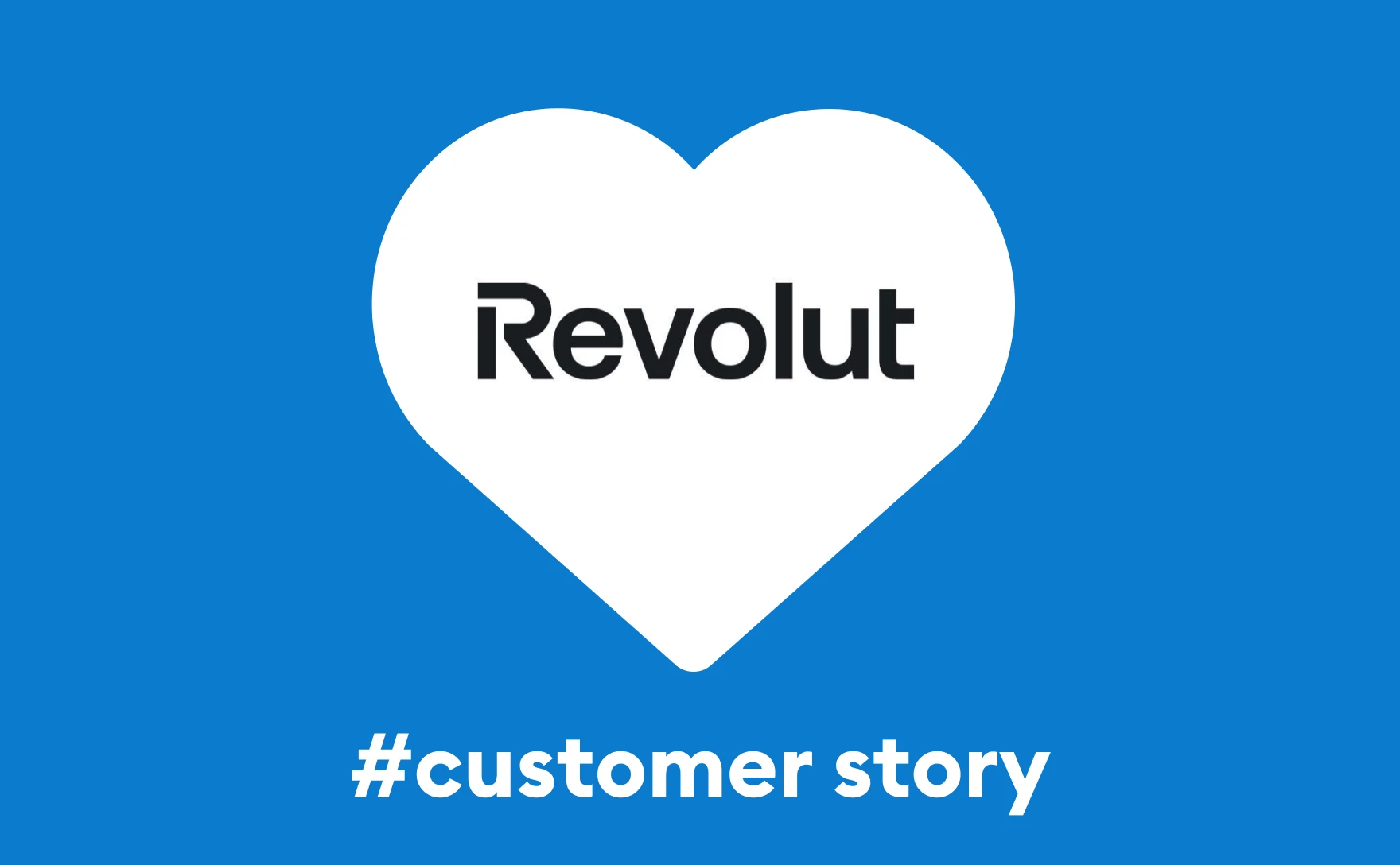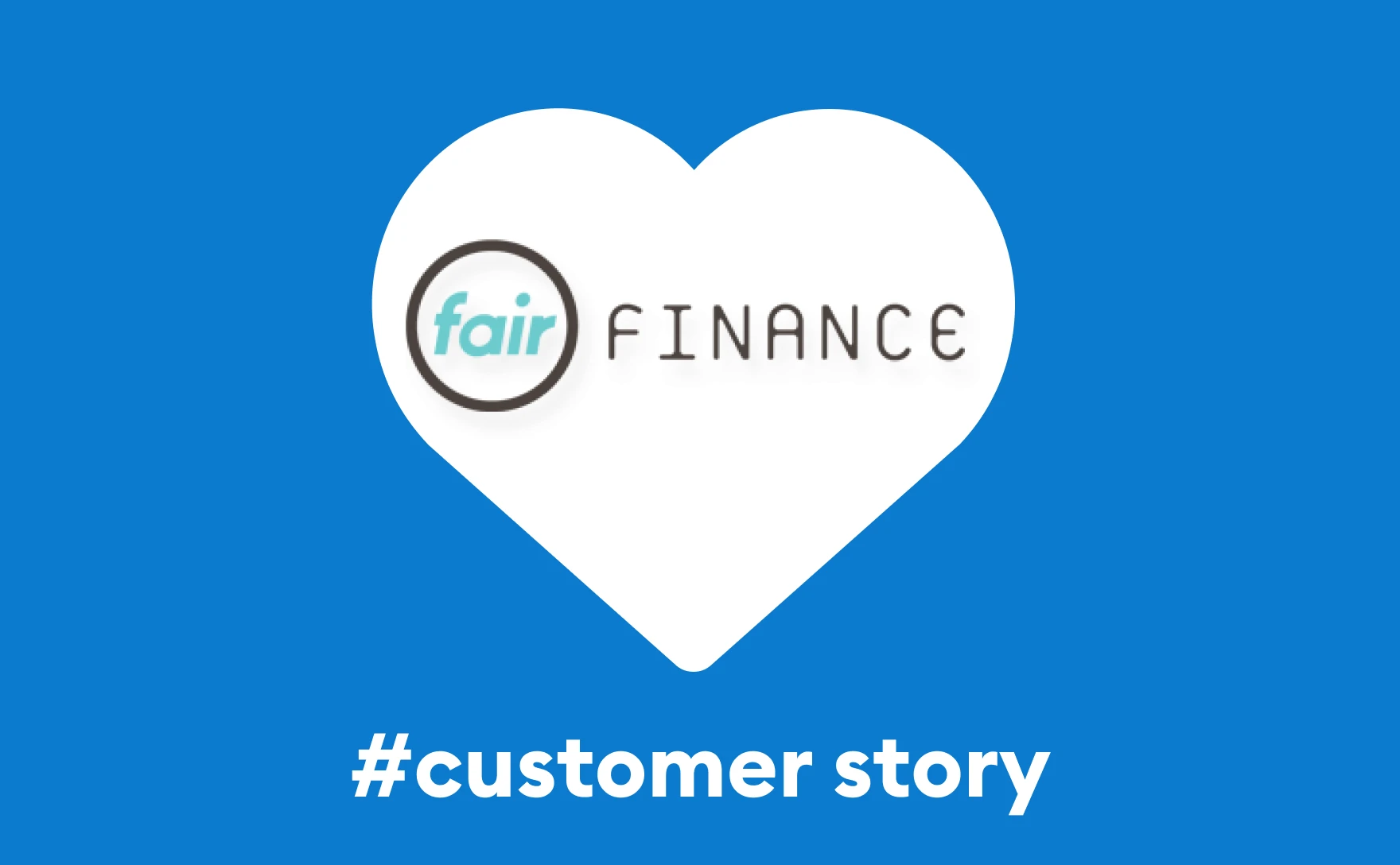Algoan Index: overindebtedness set to rise in H2 2021

The health crisis is taking its toll on the financial situation of some households. Over the coming months, the figures are likely to confirm this. In its 2020 report, the Banque de France already warned of this deterioration. It warned "that the high level of household indebtedness, as well as the increase in the number of cases filed in December 2020, make a resumption of overindebtedness likely in the course of 2021".
The first months of 2021 confirm this weakening. Algoan publishes its barometer, Algoan Index, with leading indicators on consumer credit risk. It shows that the proportion of individuals having had at least one serious incident (foreclosure, cheque rejection, non-payment, etc.) has risen by 12% in early 2021 compared with the same period in 2020 (before the Covid-19 crisis). This upward trend is set to continue over the coming months. The lights are red.
Algoan has also measured that, out of 20,000 consumer credit applications processed: 21.2% of applicants already have 3 outstanding loans, 8.3% have 5 and 1.1% of applicants already have 10.
Even without a positive file, France can now combat overindebtedness
For a long time, due to a lack of tools, the Banque de France and financial institutions did not have sufficient information to effectively combat overindebtedness. France does not have a positive file (a national register of consumer loans that provides information on a borrower's situation). None of the players involved has taken the necessary steps to combat overindebtedness, even though a technological solution does exist: Open Banking.
While Open Banking, coupled with risk analysis algorithms, is beginning to make inroads into credit granting, the management of over-indebtedness continues to be carried out via long and arduous procedures, which benefit none of the parties involved. People in debt see their situation deteriorate sharply before a solution can be found to remedy it. This deterioration could be avoided by using Open Banking. This technique, which involves the secure sharing of borrowers' banking data, enablesaction to be taken before overindebtedness has time to take hold.
The use of Open Banking would have several advantages when granting loans, as well as when dealing with overindebtedness:
- The over-indebted individual would no longer need to provide supporting documents. They could more easily prove their financial distress and show how little they had left to live on;
- The lending bank would have access to complete and accurate information, with an overview of all the loans involved. This would enable it to propose repayment schedules that are relevant and sustainable for the borrower;
- The Banque de France could make an informed decision quickly, before the situation deteriorates any further.
"Managing overindebtedness is painful for borrowers, and remains complex for credit institutions, which lack data and transparency. Often, procedures for dealing with overindebtedness take months. Solutions exist to speed up the process, prevent the situation from worsening, and make more informed decisions that guarantee a sustainable standard of living once a repayment plan has been put in place. All we need to do is give credit institutions the technical means to manage overindebtedness responsibly. Every situation of overindebtedness is a tragedy. Open Banking is not a miracle cure, but it does make case management faster and more humane", says Paul Peyré, Co-Founder and Chief Risk & Data Officer at Algoan.
Algoan Index addresses three themes through the calculation of various indices:
- The evolution of open banking adoption in a credit granting context (i.e. the proportion of individuals willing to share their banking information within the credit granting process),
- Assessment of the creditworthiness of credit underwriters, reflected in the Algoan Score*,
- Assessment of creditworthiness through a number of relevant financial metrics, including cash flow, income, financial management (use of bank overdraft) and the existence or absence of financial vulnerabilities (foreclosure, rejected cheques, etc.).
*Algoan Score reflects the credit applicant's financial behavior. It is calculated from the 3 months of banking history preceding the credit application.
You may also be interested in
A project? A question?
Would you like to change the way you make credit decisions? Let's talk!



